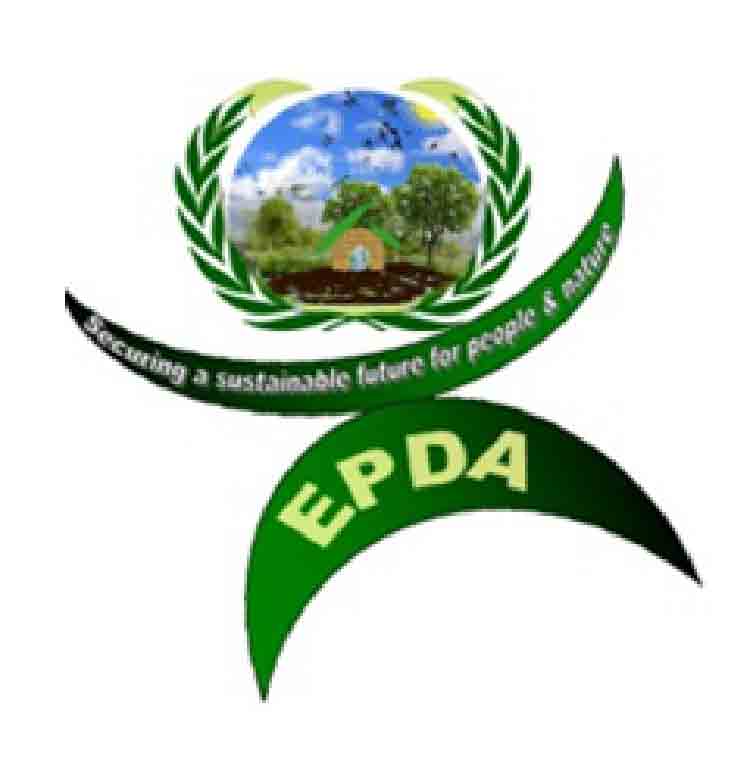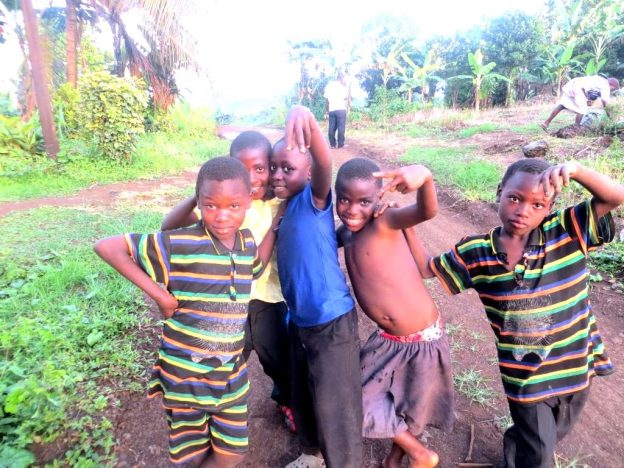EPDA runs a diverse range of programs focused on environmental conservation and sustainable community development in Cameroon.
Our main program areas are:
Water, Sanitation and Hygiene (WASH) Access to clean water and sanitation is a basic human right. But too many Cameroonians still lack these basics, exposing them to water-borne diseases. EPDA’s WASH program aims to provide potable water and improved sanitation to underserved rural and urban communities.
We work closely with local communities to build boreholes, wells, rainwater harvesting systems and eco-friendly toilets. Hygiene education is integral to gain community buy-in and promote habits like handwashing. We also train community technicians to maintain water points and sanitation facilities.
Over the past 5 years, EPDA’s WASH initiatives have served more than 50,000 Cameroonians across 6 regions. We plan to reach 100,000 people by 2025.
Environmental Resource Management Cameroon is endowed with incredibly biodiversity – lush forests, diverse wildlife, stunning landscapes and fertile soils. But many of our ecosystems face threats from unsustainable farming, poaching, mining, logging and infrastructure development. EPDA promotes holistic management of environmental resources through several initiatives:
- Community forest management – We work with forest-dependent communities to setup participatory systems for sustainably managing their local forests. This provides communities control over the forest resources they rely on.
- Mangrove restoration – Mangrove forests are vital buffers against coastal erosion and supports fisheries. We mobilize volunteers and communities to replant degraded mangroves.
- Waste management – Uncollected solid waste harms public health and environments. We set up youth-led recycling cooperatives and community clean-ups to tackle this issue.
- Climate change adaptation – Rising temperatures and erratic rainfalls impacts farmers. We provide climate-smart agri training and set up village savings and loans for alternate livelihoods.
- Environmental education – Our school outreach and community workshops build knowledge on sustaining environmental resources.
Food Security Despite fertile soils, too many Cameroonian households face hunger and malnutrition. EPDA supports farmer groups and rural communities to bolster food security through:
- Sustainable agriculture training – We teach environmentally sustainable techniques like composting, integrated pest management, and agroforestry.
- Nutrition education – Our health staff provide advice on nutritious diets, food preparation, and maintaining kitchen gardens.
- Post-harvest storage support – We help set up community-run cereal banks and loans for transport and storage.
- Linkages to markets – We link farmer cooperatives to vendors and external markets to get better prices.
Over the past decade, EPDA’s food security initiatives have reached 25,000 smallholder farmers across Cameroon. We are committed to doubling this number over the next 5 years.
Reforestation and Community Forestry Forests provide Cameroonians with food, medicine, fuel, jobs and environmental protection. But forest loss remains an acute concern. EPDA’s forestry programs aim to:
- Reforest degraded areas by mobilizing communities and schools to plant native tree species. We have helped plant over 50,000 trees so far.
- Promote community forestry models that give local communities control over managing their forest resources sustainably.
- Provide alternate livelihood training like beekeeping, crafts and ecotourism to reduce dependence on forests.
- Advocate for stronger environmental policies and law enforcement to combat threats like poaching, unsustainable logging and land grabbing.
The work of EPDA is only possible through partnerships and collaborations across communities, government, businesses and civil society. We welcome new partners to join us in building a just and sustainable Cameroon. To learn more about our programs, visit our regional field offices or contact us today.



